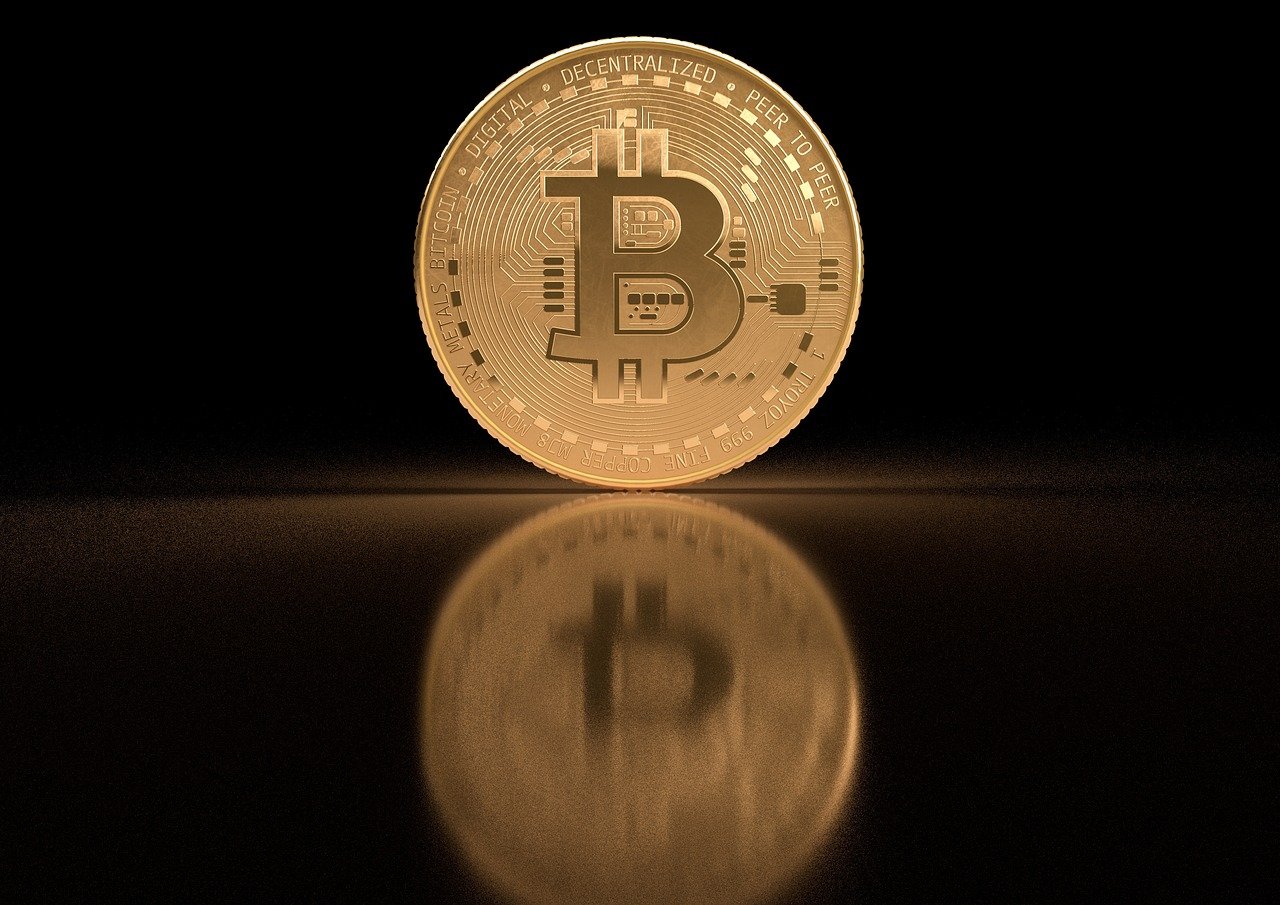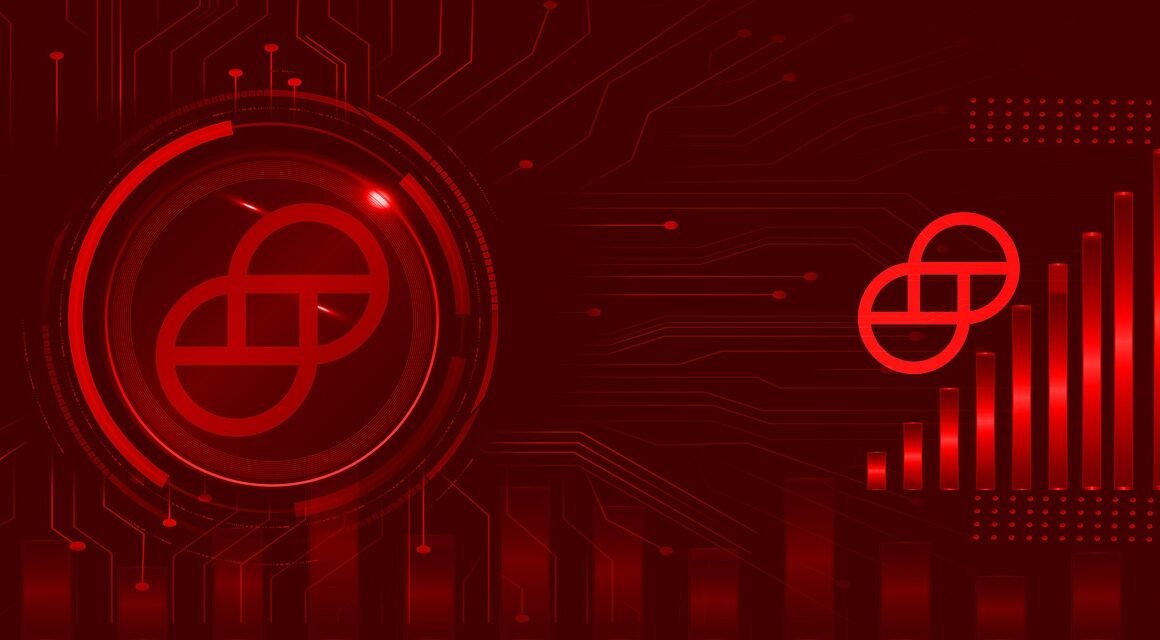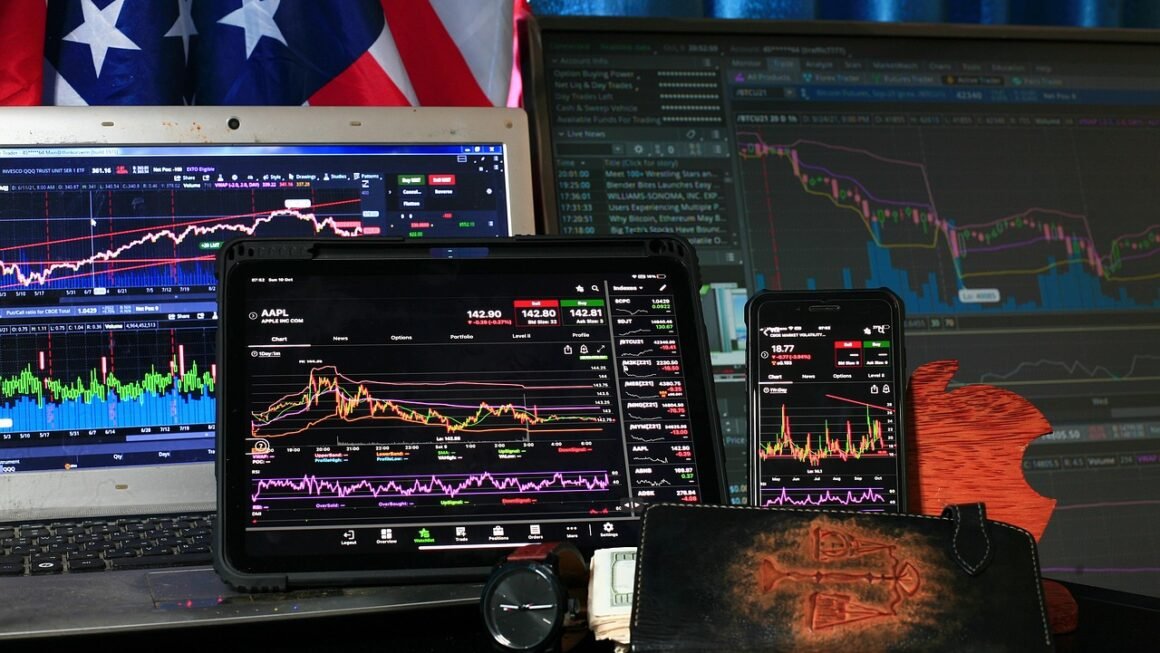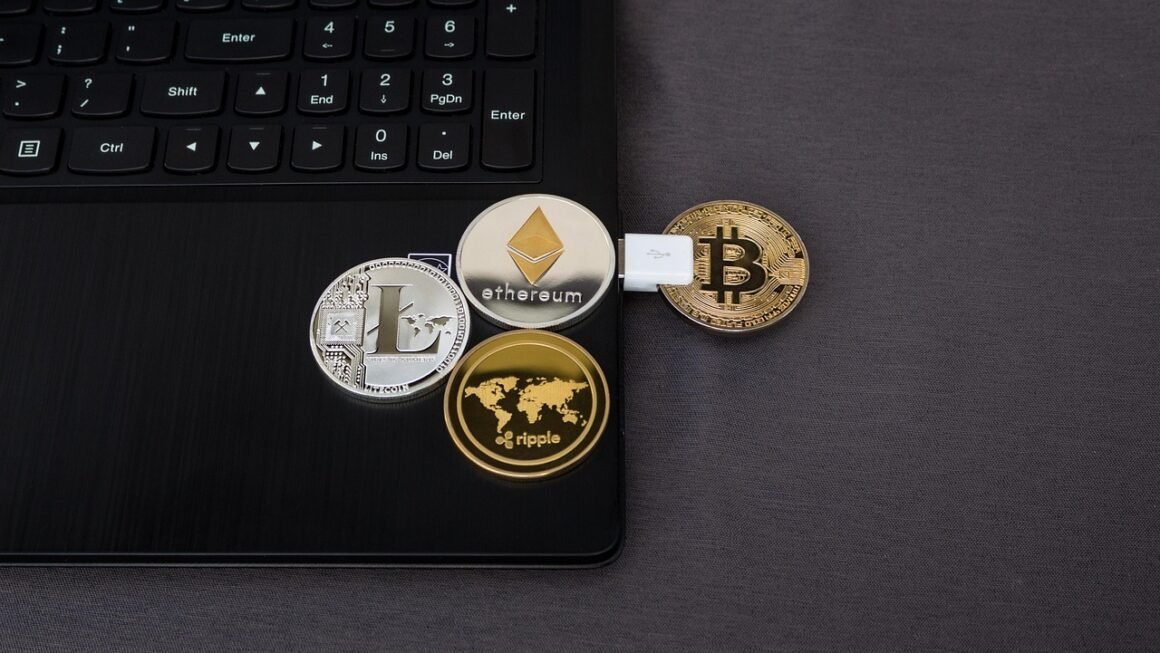Oracles are the bridge between the blockchain world and the real world, feeding smart contracts with external data they need to execute properly. Without oracles, blockchains would be islands, unable to interact with the vast amount of information residing outside their networks. This blog post delves into the intricate workings of oracles, exploring their types, mechanisms, and crucial role in the evolution of decentralized applications (dApps).
What are Blockchain Oracles?
Definition and Purpose
Blockchain oracles are third-party services that provide smart contracts with data from the outside world. Smart contracts, by design, cannot access external data sources directly. Oracles fill this gap by fetching, verifying, and transmitting information to the blockchain. This information can range from price feeds and weather data to event outcomes and identity information. Their primary purpose is to enable smart contracts to react intelligently to real-world events.
How Oracles Work
The process generally involves these steps:
- Data Request: A smart contract requires specific data to execute a function.
- Oracle Selection: The smart contract calls upon a specific oracle or a network of oracles.
- Data Retrieval: The oracle fetches the requested data from external sources (APIs, databases, sensors, etc.).
- Data Verification: The oracle verifies the accuracy and reliability of the data, potentially using multiple sources or validation techniques.
- Data Transmission: The oracle transmits the verified data to the smart contract on the blockchain.
- Smart Contract Execution: The smart contract uses the received data to execute its programmed logic.
The Oracle Problem
The “Oracle Problem” refers to the inherent challenge of trusting oracles to provide accurate and unbiased data. Since smart contracts rely heavily on this external input, any inaccuracies or manipulations can have significant consequences, undermining the trust and security of the entire system. Mitigating the oracle problem is a critical focus in blockchain development.
Types of Oracles
Data Source Oracles
These oracles focus on where the data originates.
- Software Oracles: Retrieve data from online sources such as websites, APIs, and databases. They are the most common type of oracle. For example, a DeFi application might use a software oracle to obtain the current price of Ethereum.
- Hardware Oracles: Collect data from the physical world using sensors, bar code readers, and other physical devices. An example is a supply chain application using a hardware oracle to track the location and condition of goods.
Data Direction Oracles
These categorize oracles based on the direction of information flow.
- Inbound Oracles: Bring external data onto the blockchain, as discussed earlier. This is the most common type and what’s usually understood by the term “oracle”.
- Outbound Oracles: Send data from the blockchain to the external world. These are less common but useful for triggering real-world actions based on smart contract execution. An example is a smart contract that automatically unlocks a smart lock on a property after a payment is received.
Consensus Mechanism Oracles
These oracles use various mechanisms to achieve consensus on the data before delivering it to the smart contract.
- Centralized Oracles: Controlled by a single entity, offering simplicity but posing a single point of failure and trust. While less secure and less in the spirit of decentralization, they can be useful in specific use cases.
- Decentralized Oracles: Utilize a network of independent oracles to provide data, increasing reliability and resistance to manipulation. Chainlink is a prime example of a decentralized oracle network (DON).
Specific Use Case Oracles
- Price Feed Oracles: Provide real-time price data for various assets, crucial for DeFi applications.
- Weather Oracles: Provide weather information for use in insurance contracts or agricultural applications.
- Random Number Generator (RNG) Oracles: Provide verifiable random numbers for gaming and lottery applications.
Ensuring Oracle Security and Reliability
Decentralization Strategies
Decentralization is key to mitigating the risks associated with relying on a single oracle. By using a network of independent oracles, the system becomes more resistant to manipulation and censorship. Strategies include:
- Multiple Data Sources: Aggregating data from various sources and using averaging or median calculations to filter out outliers.
- Reputation Systems: Establishing reputation scores for oracles based on their historical performance, encouraging accuracy and accountability.
- Incentive Mechanisms: Rewarding oracles for providing accurate data and penalizing them for providing incorrect or delayed data.
Data Validation Techniques
Implementing robust data validation techniques is essential to ensure the accuracy of the information delivered to smart contracts. This can include:
- Data Aggregation: Combining data from multiple sources to reduce the impact of errors or biases in any single source.
- Statistical Analysis: Using statistical methods to identify and remove outliers or anomalies in the data.
- Cross-Validation: Comparing data from different sources and methods to verify consistency and accuracy.
Security Audits and Monitoring
Regular security audits and continuous monitoring of oracle performance are crucial for identifying and addressing potential vulnerabilities.
- Smart Contract Audits: Auditing the smart contracts that interact with oracles to ensure they are secure and resistant to attacks.
- Oracle Performance Monitoring: Tracking the performance of oracles in terms of accuracy, latency, and reliability, and identifying any issues promptly.
- Bug Bounty Programs: Encouraging security researchers to identify and report vulnerabilities in exchange for rewards.
Practical Applications of Oracles
Decentralized Finance (DeFi)
Oracles are fundamental to DeFi, providing price feeds for lending platforms, decentralized exchanges (DEXs), and other applications. Without reliable price data, DeFi applications would be vulnerable to manipulation and exploitation.
- Lending Platforms: Use oracles to determine the collateralization ratios for loans and to liquidate undercollateralized positions.
- DEXs: Utilize oracles to provide accurate price data for trading pairs, ensuring fair and efficient trading.
- Stablecoins: Rely on oracles to maintain their peg to fiat currencies or other assets.
Supply Chain Management
Oracles can track the movement of goods throughout the supply chain, providing transparency and accountability. They can verify the authenticity and quality of products, reduce fraud, and improve efficiency.
- Tracking Shipments: Hardware oracles can track the location and condition of goods in real-time.
- Verifying Authenticity: Oracles can verify the authenticity of products by comparing them to data stored on the blockchain.
- Automating Payments: Smart contracts can automatically release payments to suppliers once goods have been delivered and verified.
Insurance
Oracles can automate insurance claims processing by providing real-world data about events such as weather conditions, flight delays, and natural disasters. This can reduce fraud, speed up claims processing, and lower administrative costs.
- Weather Insurance: Oracles can provide weather data to automatically trigger payouts for farmers who experience crop losses due to adverse weather conditions.
- Flight Delay Insurance: Oracles can provide flight delay data to automatically compensate passengers for delayed flights.
- Parametric Insurance: Insurance policies that pay out based on predetermined parameters, such as the magnitude of an earthquake, rely heavily on oracles.
Conclusion
Oracles are essential for bridging the gap between blockchains and the real world, enabling smart contracts to interact with external data and events. While the “Oracle Problem” presents significant challenges, various strategies, including decentralization, data validation, and security audits, are being employed to enhance the security and reliability of oracles. As the blockchain ecosystem continues to evolve, oracles will play an increasingly vital role in powering decentralized applications across a wide range of industries. The future of decentralized applications is inextricably linked to the ongoing development and refinement of robust and trustworthy oracle solutions.



